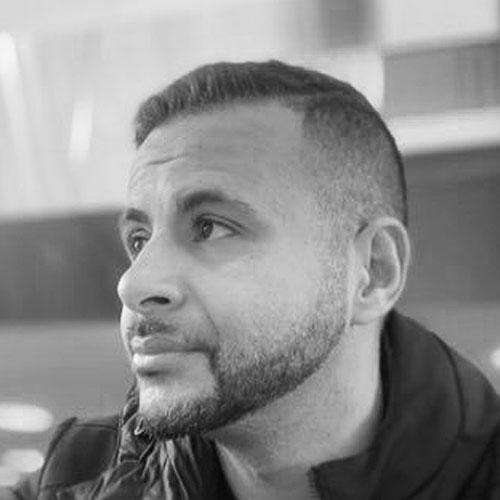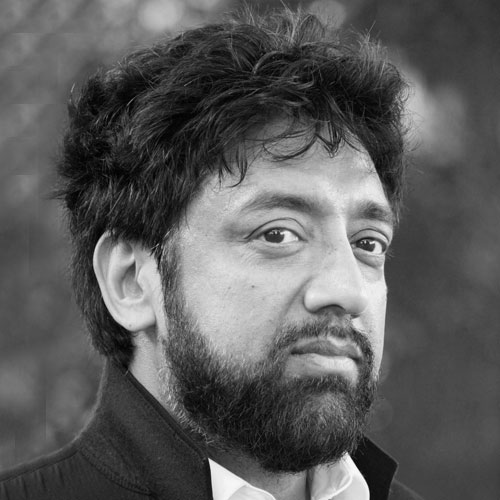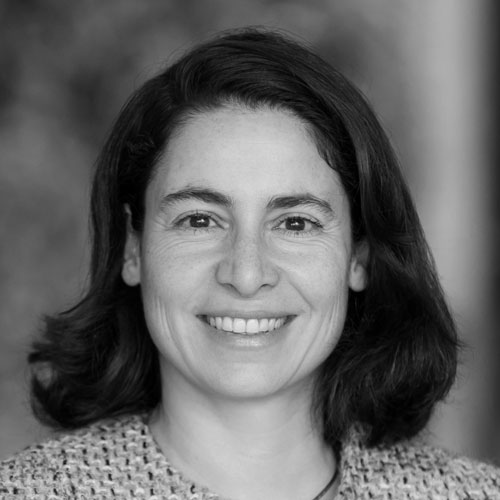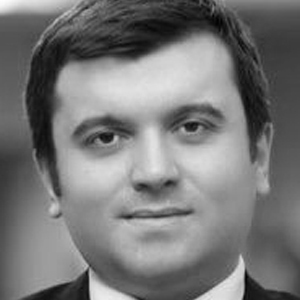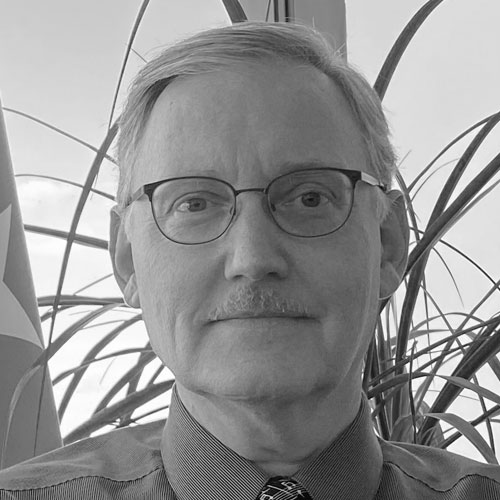The increasing risk of social polarisation has been identified by strategic forecasters as potentially one of the most pressing threats to global stability over the course of the next decade, particularly as the world enters a period increasingly marked by compounded economic, environmental, and geopolitical risks. While much of the world’s attention has focused on the polarisation of American political and social discourse during the Donald Trump era, particularly as it relates to race and divergent views of the social good, these issues are not limited to the United States and can increasingly be seen playing out on the global stage through the rise of populist, nativist and xenophobic politics from Europe to India and beyond. Not only has this increased polarisation within societies but also between nations, further complicating geopolitics and international relations.
In an interconnected and interdependent world, challenges to social cohesion, whether based on race, religion, culture or ethnicity, can no longer be considered purely as an internal matter and must be accounted for at the international level. This session will discuss the interplay between race, culture wars and political polarisation at the local and global levels.
Discussion Themes
• What is behind the seemingly widespread phenomenon of political and social polarisation across much of the world today? Are there purely local explanations, or are there global trends that can account for the phenomenon?
• How do issues such as lack of job security, widening digital divides and the disillusionment of youth impact social cohesion? What kind of global-level solutions can be developed in order to deal with these problems effectively at the local level?
• How do threats to social cohesion within countries impact interstate relations?
• How might increasing political polarisation on the global level impact prospect for cooperation in the face of global threats such as pandemics and climate-related disasters?
Discussants
Sahar Khamis – Associate Professor in the Department of Communication at the University of Maryland, College Park
Maryyum Mehmood – Associate Director, Edward Cadbury Centre for the Public Understanding of Religion, University of Birmingham
Khadijah Alshayyal – Associate Fellow, the Alwaleed Centre
Zeynep Koç – Researcher
Musab Iqbal – Lecturer, Communication and Media Research Institute (CAMRI), University of Westminster
